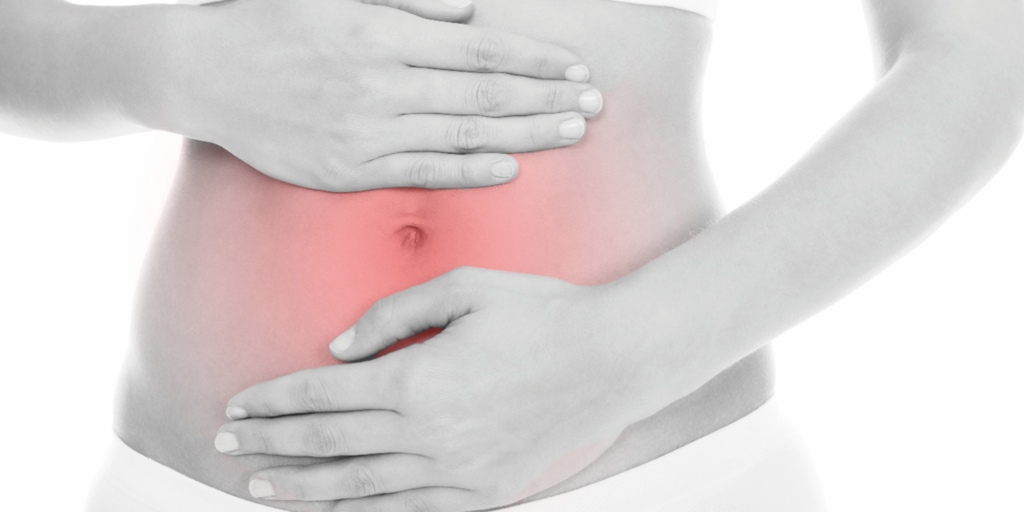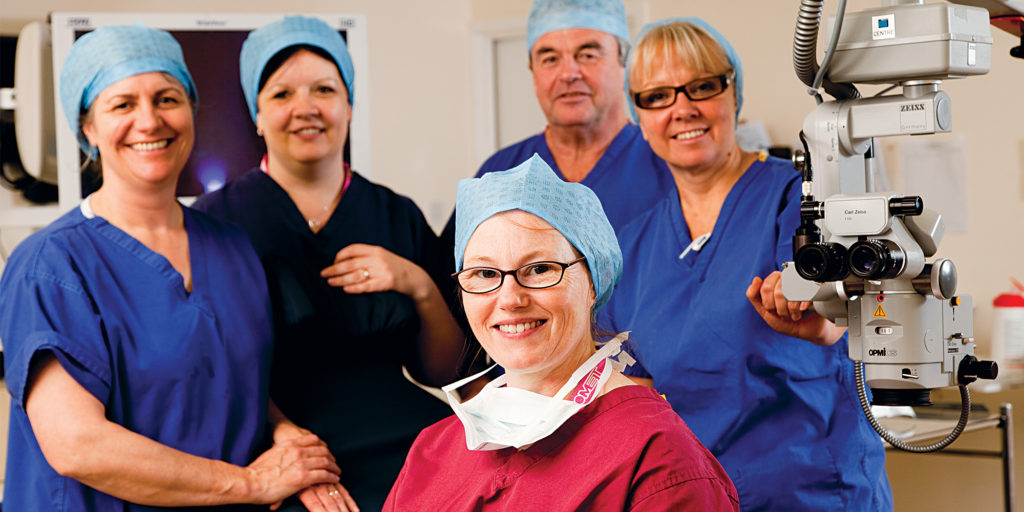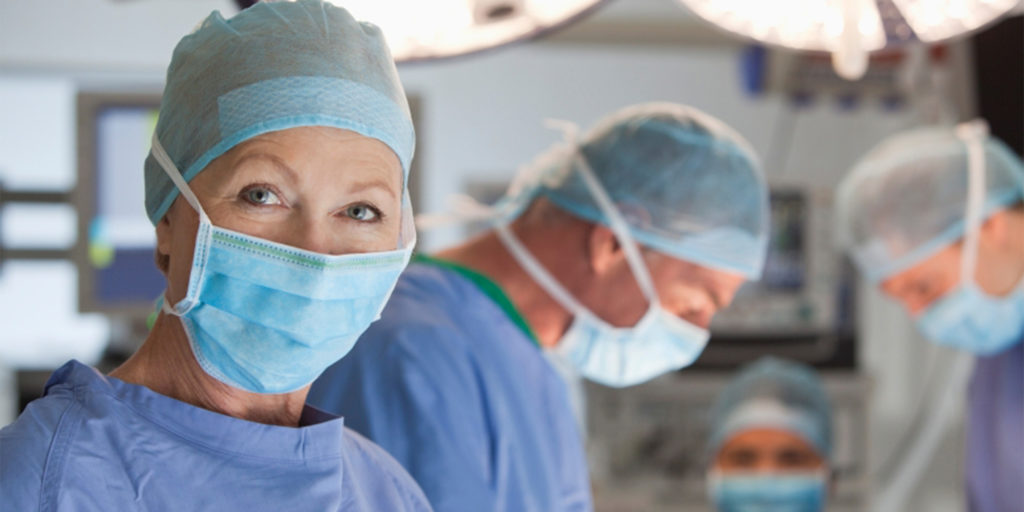Recognise the symptoms
We explore the symptoms of endometriosis with Consultant Gynaecologist, Mr Smith-Walker, at Duchy Hospital.
Endometriosis is the presence of endometrial-like tissue that normally lines the womb, in other places. This tissue responds to hormonal stimulation in a cyclical manner, by building up then breaking down and bleeding, however, unlike the tissue that lines the womb, this blood cannot leave the body.
Endometriosis is a surprisingly common condition, with around one in ten women in the UK suffering from it. Not everyone with endometriosis will need treatment, or are symptomatic, but for some it can cause debilitating abdominal and pelvic pain, and subfertility. Other symptoms can include increasing pain during or either side of your periods, pain during sex, pain when opening your bowels or passing urine, particularly with your periods. The symptoms of endometriosis can affect your life in many ways, not only the physical pain, but also impacting psychological wellbeing through lack of energy, isolation, relationship or sexual complications and difficulty attending work or social activities.
Often, the symptoms of endometriosis do not fit neatly into one box, there can be an overlap of problems and not all of them are necessarily endometriosis. Mr Smith-Walker would encourage keeping a symptom diary, to see if there are any situations, foods, drinks, or particular times that make the symptoms worse (or better), as there have been various diets recommended for managing endometriosis. Look at lifestyle changes to see if that helps (he recognises that this can be easier said than done!), such as different forms of exercise like stretching/yoga/pilates. What works for others may not work for you, but it can be helpful to look on www.endometriosis-uk.org for tips, and share what you find useful.
Previously it would take around seven or eight years from the onset of symptoms to diagnosis, however as endometriosis finally becomes more recognised, it allows for quicker diagnosis. The gold standard for confirmed diagnosis is by laparoscopy; a keyhole operation to assess the pelvis and surrounding tissues for endometriosis. Although this is not always necessary, Mr Smith-Walker advises that there are steps
to take to ease the symptoms, which can be very beneficial.
Remember, there is no need to suffer in silence. Duchy Hospital’s expert Consultant Gynaecologists can discuss any concerns around diagnosing or managing endometriosis, so be sure to give them a call.
Duchy Hospital












